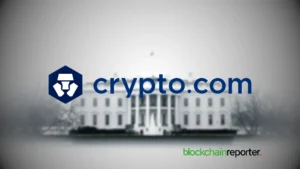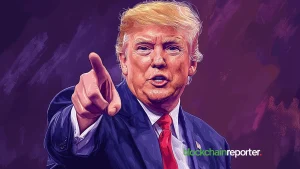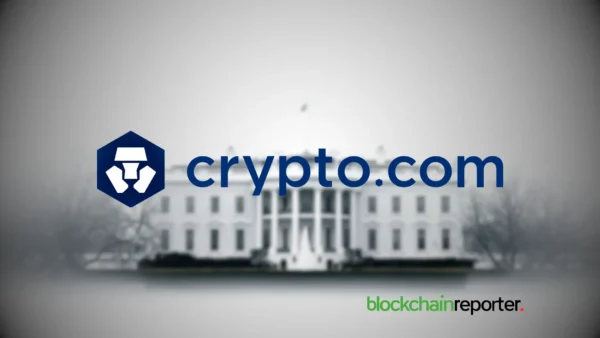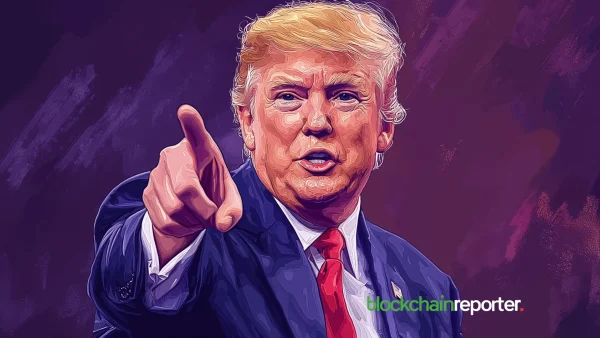
With Bitcoin hitting the mythical US$20,000 mark for one Bitcoin, the crypto market has been flooded with trading activities for the past few weeks. In less than three months, Bitcoin has climbed up its initial price of US$10,000 per Bitcoin and managed to attract scrutiny not just from the public, but from regulators as well.
Since Bitcoin came into the limelight in 2017, the crypto industry has developed. Similarly, crypto regulation has also evolved. Some exchanges have been involved in deceptive and predatory practices, market manipulation and insider abuses. Recent research by TIE shows that 75% of cryptocurrency exchanges are reporting dubious volumes.
Asia Cryptocurrency Regulation
The Asia Pacific (APAC) region is known for being a hotspot for cryptocurrency trading. Its region’s financial hubs Singapore and Hong Kong have introduced new licensing laws provided government approval is given before trade is permitted.
The given requirements are an evaluation of the exchange monitoring technologies being used. They include market surveillance for the detection of market abuse behaviour, Know Your Client (KYC), Anti-Money Laundering (AML), and Combating the Financing of Terrorism (CFT) screening solutions, typical for the onboarding of institutional clients.
Cryptocurrency exchanges need to implement robust control systems to detect, prevent, and report market abuse behaviour and financial crime. It will help counteract allegations that crypto markets can be misappropriated for criminal activities.
Cryptocurrency assets in Hong Kong are treated by the Securities & Futures Commission (SFC) no different than any other regulated security asset. Therefore, crypto exchanges wishing to open trading venues in HK are subject to new licensing laws and restrictions that limit trading to institutional clients only.
Likewise in Singapore, the Monetary Authority of Singapore (MAS) issued guidelines stating that an initial coin offering (ICO) resembles capital market products like securities, and will be regulated under the Securities and Futures Act. Crypto platforms here are subjected to a licensing system and can only serve accredited investors.
China’s Influence on Crypto Regulation in the APAC Region
Japan’s Financial Services Agency (FSA) allowed its crypto industry to operate on an automated basis, at one time. A 2018 cyber-breach at Coincheck changed this as the exchange had a record US$530 million. The FSA to tighten its regulations on crypto exchanges and to introduce new screening requirements, including a further licensing obligation.
China’s regulatory decision to ban crypto trading has prompted other governments in the APAC region to implement regulatory frameworks to oversee the trading of these new asset types, including new licensing rules to encourage liquidity and regulate cryptocurrency trading.
The move by Asia might influence a forward momentum in Europe and the US because cryptocurrency regulation has been slow-moving but has shown implementation likelihood.








